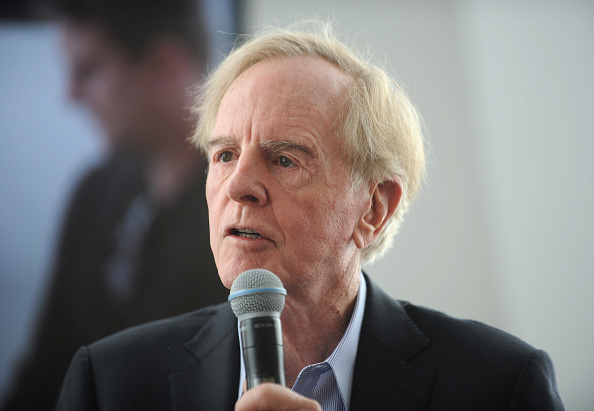
John Sculley was recruited as the CEO of Apple back in 1983 and presided over the company for a decade, helping to oversee the launch of wildly successful products like the Apple Macintosh, as well as more controversial moves like the initial ouster of Steve Jobs from the company.
Since his time atop the Apple, Sculley has worked as an investor and executive at a number of technology companies and, more recently, within healthcare. Currently he serves as the chairman of cloud-based pharmacy benefit manager RxAdvance.
In a piece published in Fortune, Sculley detailed the trends that he sees as shaping the future of healthcare technology and which companies are best positioned to take advantage of them.
1. The growing accuracy and spread of medical-grade sensor technology will shift healthcare out of the hospital
Sculley ties this improving technology as a necessity to deal with the declining number of available hospital beds. In fact, he predicts that the trend of decreasing patient beds will accelerate in the near future, driven by the development of new types of sensors that can immediately provide clinically relevant medical feedback to doctors and widen telehealth services past frontline care situations.
2. Healthcare “super users” will push the use of remote care solutions

Reducing Clinical and Staff Burnout with AI Automation
As technology advances, AI-powered tools will increasingly reduce the administrative burdens on healthcare providers.
It’s a well known fact that the vast majority of the country’s healthcare spending is due to a small sliver of the population. Sculley writes that this issue as “stressing the sustainability” of the healthcare system and posits remote care monitoring a ready-made solution to lower patient readmissions and allow for the continuous care of chronically ill patients at home.
3. Amazon, Google and Apple are poised to enable this future by integrating more medical sensors into their technology
Sculley predicts that Apple will launch a subscription health service to connect the increasingly clinically useful Apple Watch to physicians. Google, with its Nest connected home subsidiary, is also positioned well to create subscription automated home care products and services for chronic care patients. Finally, Sculley points to Amazon as potentially the biggest fish in the pool with its Alexa Health division able to provide health services directly to the home and enabled by voice technology.
Picture: Brad Barket, Getty Images










